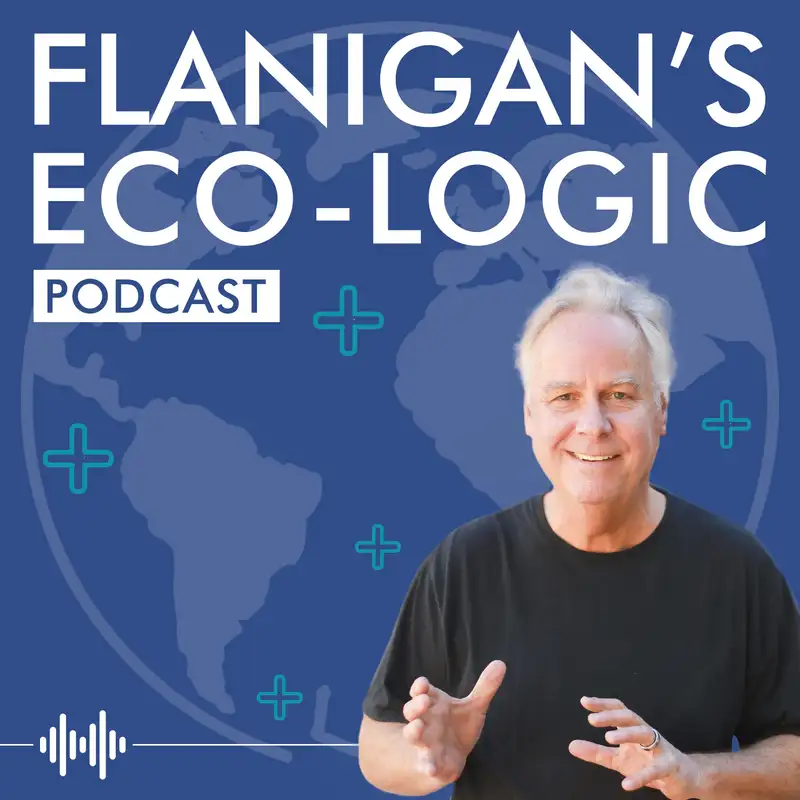Jack Groh on Greening NFL Events and Sports Sustainability
Download MP3In this Convo of Flanigan’s Eco-Logic, Ted speaks with Jack Groh, Director of Environmental Programs for the National Football League (NFL). He is also the Senior Vice President of Strategy for Legacy Sustainability, an independent consultancy that he and his wife, Susan Groh manage to develop and implement climate mitigation and adaptation strategies around major sporting events.
Jack and Susan have been minimizing the environmental impacts of major sports events for 30 years, including the NFL’s major special events. They also designed the sustainability plan for the NCAA College Football championship series. They are widely recognized for the unique and impactful community projects they develop and have consulted on sustainable transportation development, municipal waste diversion, building sustainability, and renewable energy.
Ted and Jack discuss his varied background, growing up in Massachusetts, attending UMass Amherst, then going on to teach straight out of college before going back to school for journalism, spending some years TV reporting, before diving into consulting in communications and PR for companies around environmental issues.
Since then, Jack and Susan Groh, now based in Warwick, Rhode Island, have been at the forefront of making the NFL and other organizations more environmentally conscious. In 1993, they developed the first environmental initiatives ever implemented at any professional sports league in the United States at Super Bowl XXVIII in Atlanta, Georgia. Their journey began with simple recycling projects during the Super Bowl and evolved into making the game the greenest professional championship in the world. Their efforts extend beyond visible actions, including recycling, food recovery and material repurposing, to making a substantial difference in the environmental and community impact of large events.
Through their independent consulting efforts at Legacy Sustainability, they aim to leave each community better than they found it and inspire others to do the same. Some of the green legacy programs they leave behind in every community include planting trees, creating pollinator gardens, habitat restoration, equipment donations and school supply programs, recycling and composting, taking excess food and drink off to local food banks, and using renewable energy and helping organizations get renewable energy certificates. Jack highlights the Miami Coral Reef Project, Super Kids Super Sharing event, and the NFL Green Super Bowl LVIII Program launch.

